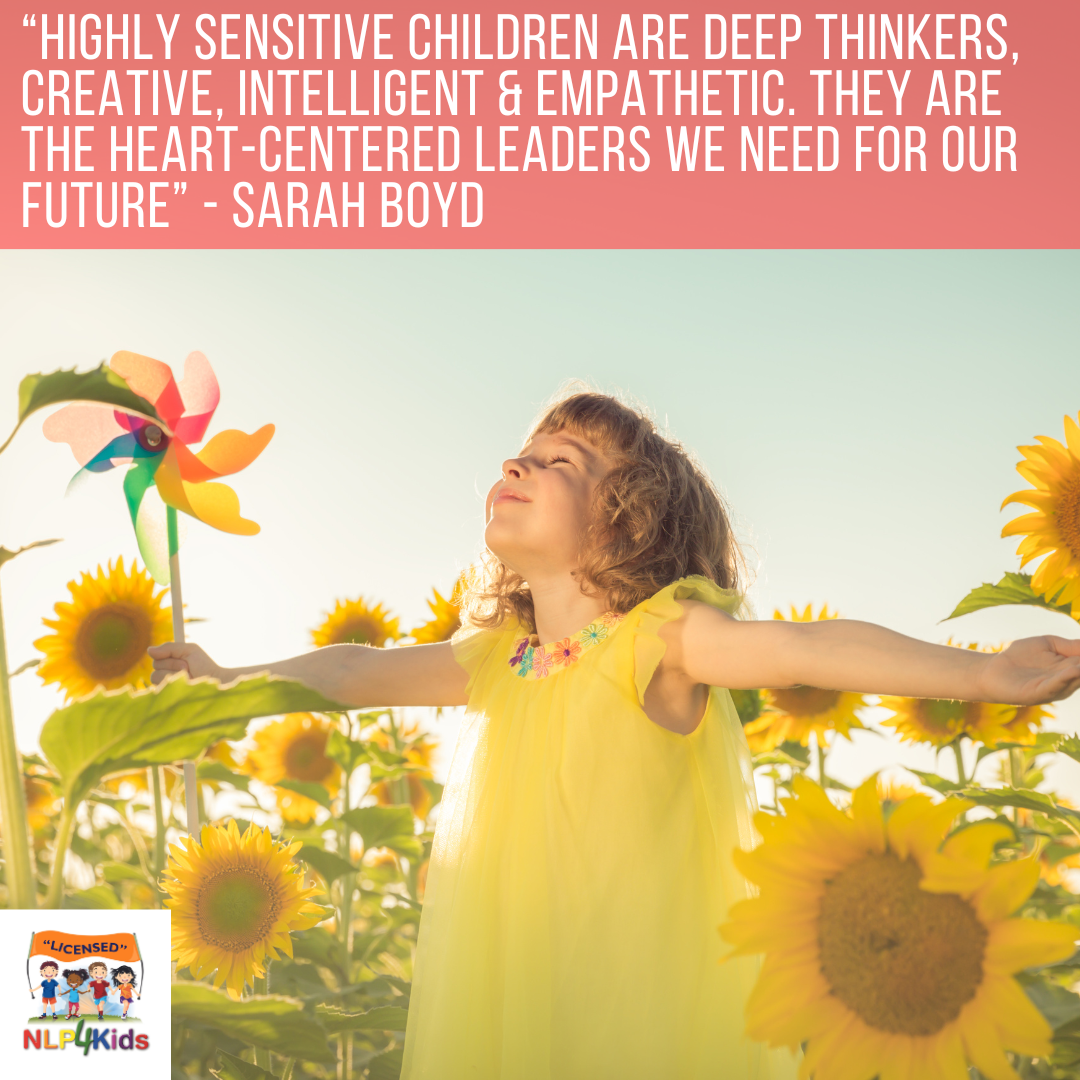Understanding Highly Sensitive Children
Understanding Highly Sensitive Children
I have a phrase that I have been using with children for years to help try to reduce the shame they feel when they aren’t able to cope with their emotions in the way they see their peers being able to. The phrase is “some kids just feel their feelings bigger than others”. What I have only realised in the last year or two is that there is a term for these children: Highly Sensitive Children.
These are children who possess a remarkable depth of perception and experience the world in a more intense way. The intensity with which they experience the world can leave them prone to anxiety. Understanding their unique needs can empower you to support them better.
The Signs:
Here are some of the signs you may see in your child is they are highly sensitive:
1) Heightened Emotional Awareness: Highly sensitive children are deeply attuned to their emotions and those of others. They may experience intense joy, sadness, or empathy. Sometimes these feelings can be overwhelming to them, even if the emotion is a positive one. You may notice that your child is more prone to angry outburst or tears. They may hang back and avoid situations which provoke their intense emotions.
2) Empathic Nature: Highly sensitive children often have an increased capacity to understand and connect with others’ emotions. This doesn’t always means that will act in ways which demonstrate empathy. Particularly if they haven’t yet learned the skills to be able to process their emotions or know how to act to support others.
3) Sensory Sensitivity: Highly sensitive children are not just emotionally sensitive. They can be sensitive to sensory information such as touch, taste, texture, sound, smell, and their own body sensations. Observation and listening are vital tools as your child may not have the vocabulary to fully explain their experiences.
4) Overstimulation Sensitivity: Loud noises, bright lights, or crowded environments can overwhelm highly sensitive children easily. Being able to recognise the signs of overstimulation can help you to be intervene early to provide them the safety and security they crave.
It’s important to remember that this is a nervous system response. Highly sensitive children have nervous systems which are in a constant state of high alert. This is why there is such a strong link to anxiety.
By supporting highly sensitive children to better understand their triggers and develop strategies to cope with their nervous system responses, we can support them to prevent anxiety from taking control of them and getting in the way.
Next Steps
To find out more about about highly sensitive children and how NLP techniques and parenting coaching can help your child please give me a call or send me a message.
Jo Atkinson – NLP4kids Therapist and Parenting Coach


Leave a Reply